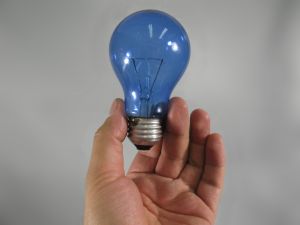
Summary: The latest new examples which show that the US patent system is not hinged on reality; a call for action
The US patent system, protected by the USPTO and SCOTUS as validator, coercing others through the courts and ITC, serves as protectionism for corporations at the expense of people and to the benefit of patent lawyers.
SCOTUS Blog bloggers
talk about gene patenting, one of the most controversial types of patents. Rather then seek a ban, a symposium is organised and one can bet it will be stacked by lawyers. This system is rigged. Watch USPTO patent #8,370,951, granted February 5th, 2013. It is titled "Securing the U.S.A" and
it is not a satire. A Seattle blog
tells us that lending goods online is also a granted patent now, assigned to
Amazon along with this
'milkman' patent. USPTO quickly becomes a source of comedy, but it's not funny to those who get sued. There are some more
new reports that show laughable patents and the EFF
reportedly fights an infamous patent on podcasting:
The Electronic Frontier Foundation, a digital civil liberties group, is declaring war on a company claiming it made the podcast possible.
EFF said Tuesday it was organizing companies that face threats from patent trolls – a derogatory term for companies that earn most of their money from patent licensing or litigation.
The EFF no longer busts just one patent at a time. It now runs a well-funded campaign to eradicate software patents as a whole (in the US).
New Zealand is meanwhile resisting attempts to expand US patent law -- a subject on which Dr. Glyn Moody had
this to say:
Let's hope Mr Foss listens, and New Zealand programmers can continue to focus on creating great software, rather than needing to look anxiously over their shoulders all the time for fear that they might accidentally infringe on a software patent that has been granted to some deep-pocketed software company or - even worse - a predatory patent troll.
We must destroy software patents in the US or else they might spread elsewhere, e.g. through trans-Atlantic and trans-Pacific 'free' 'trade' treaties. There is need for global action because US policy usually become universal or global policy, shows history. The clock is ticking and patent lawyers fight against developers' interests.
⬆
